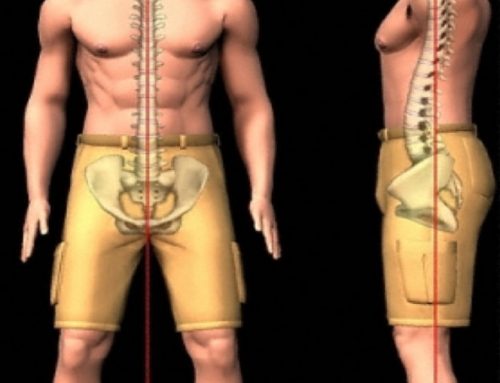The Three Types of Stress

Stress and its effect on the body greatly influences your pain response and your path to greater health. Understanding stress helps us better manage it and work to minimize it. According to the American Psychological Association, the three types of stress—acute, episodic and chronic—can make us feel ill and not like ourselves. Oftentimes, we begin to ignore chronic stress, as it just becomes a part of our routine.
We all know the feeling of acute stress—this is essentially situational anxiety. Your heart might race, and your blood pressure may rise; these stress responses may trigger a migraine or even chest pain. Other symptoms may include irritability, sadness, headaches, back pain, and gut problems. These may appear for a short amount of time and subside once you relax.
In episode acute stress, the symptoms are similar, but occur more often and accumulate into more extreme responses. This degree of tension may begin to take a toll on your personal and professional life. Many people also slowly give up pursuing activities once enjoyable or striving for meaningful goals. If managed poorly, episodic acute stress can contribute to serious illness like heart disease or clinical depression.
Things like trauma, serious life problems beyond control, and unrelenting internal turmoil give way to the disease that is chronic stress. Whether the cause is internal or external, many people cease fighting for change and subconsciously decide to accommodate the stress. This, of course, only feeds chronic and acute illness. You may even notice that your instances of stress, of any magnitude, can contribute to your acute or chronic pain.
It’s important to identify your stressors and seek the help you need to manage the curveballs that life throws your way. Oftentimes, deep breathing, meditation, and other calming exercises are all we need to keep stress from becoming too overwhelming. Other times, therapeutic intervention may be needed. Nevertheless, we all experience stress at some point in life, so it’s important to know when it becomes serious enough to threaten our health and quality of life.
Resources: https://www.psychologytoday.com/us/blog/open-gently/201812/the-three-types-stress















